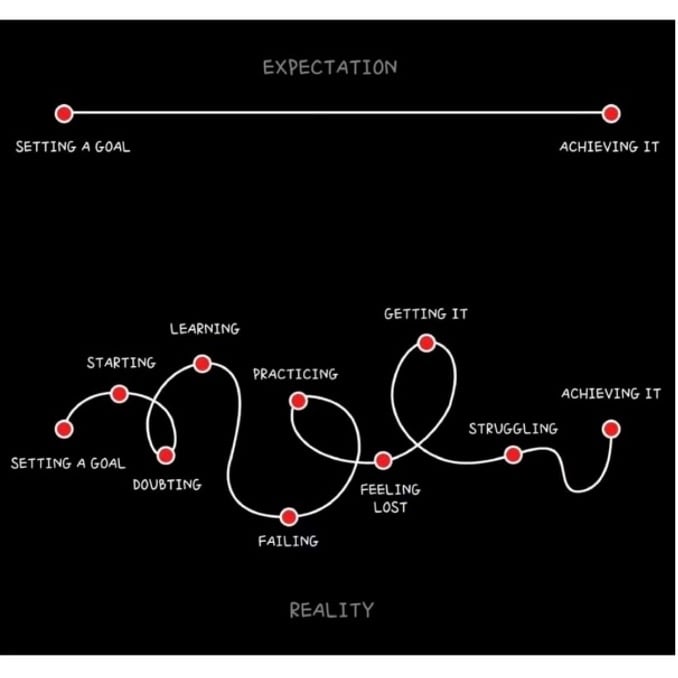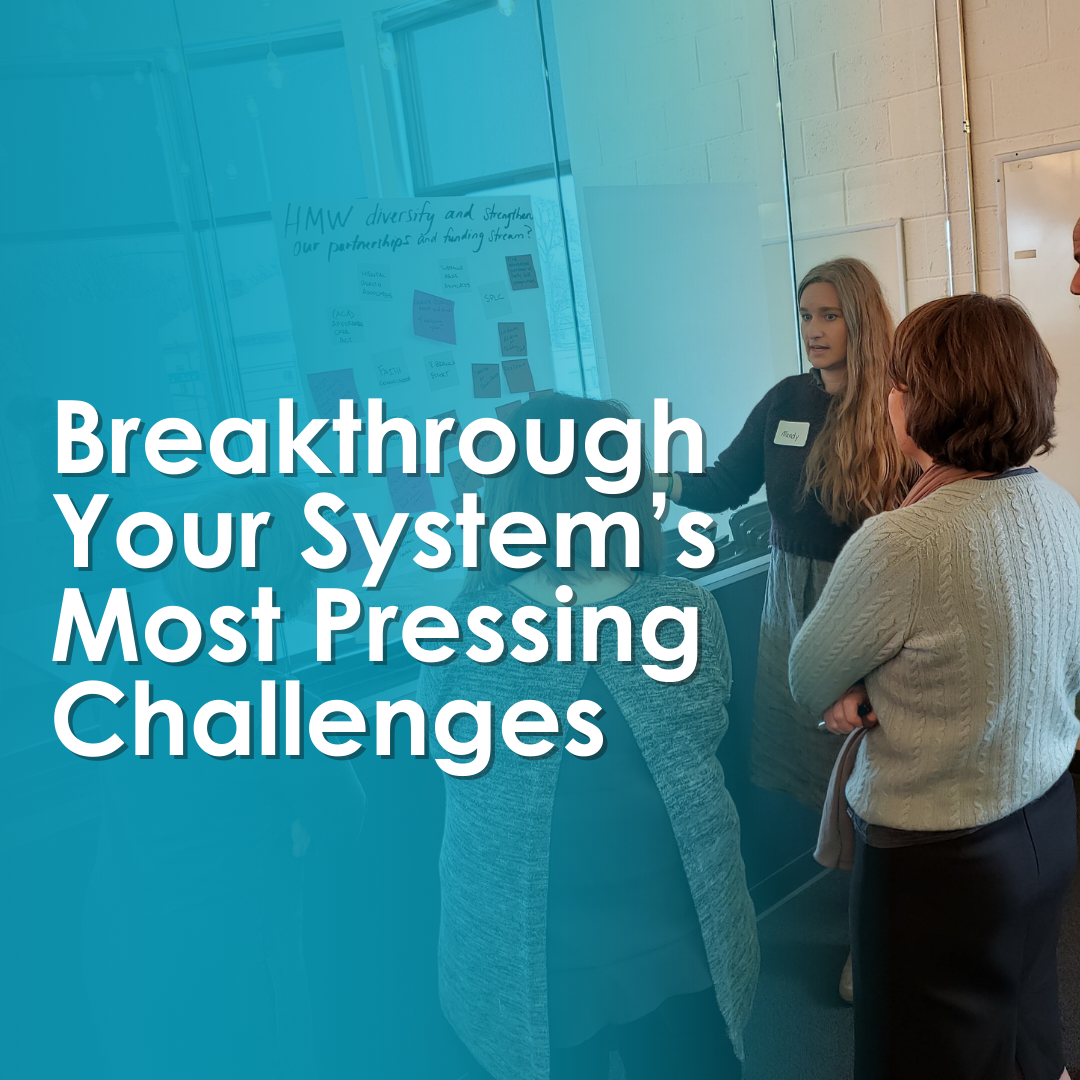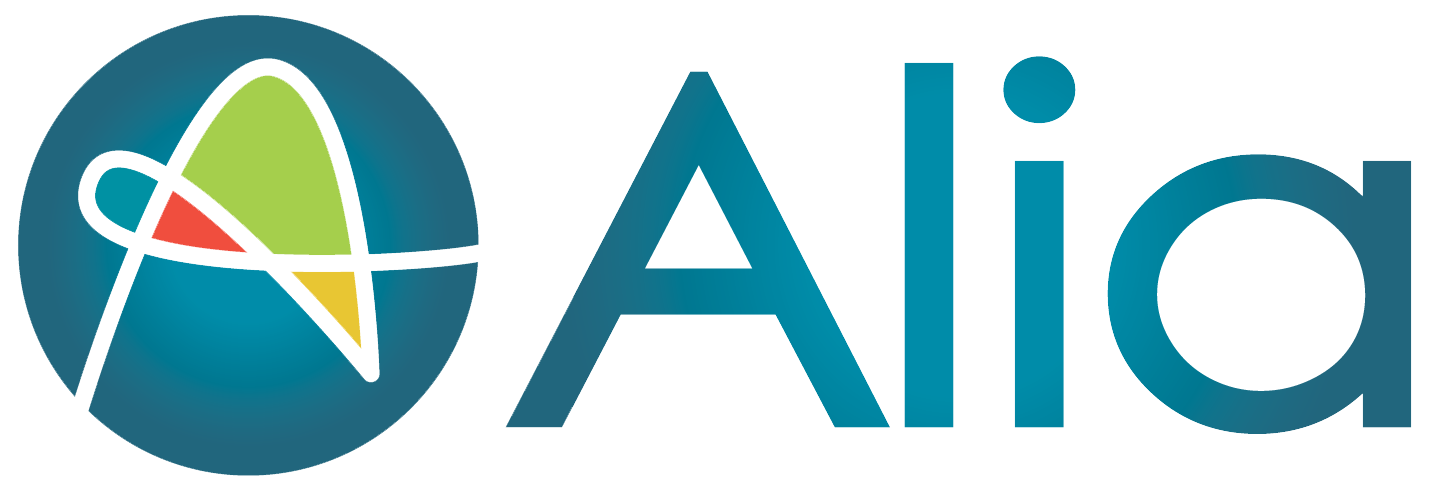Workforce resilience and wellbeing work is not easy. It’s more than simply walking through a breathing exercise, using a tool, or taking more hot bubble baths. It requires a space for helpers, activists, and others who work with the most marginalized communities to process the pain, secondary trauma, and significant barriers of the work. And, as a facilitator, it involves taking in and listening deeply to what is shared.
At Alia, the hope for participants of our workforce resilience and wellbeing work is to feel safe and empowered to air grievances, commiserate, and connect. Sometimes just knowing you’re not alone in your experience can provide some modicum of relief, confidence, and fortitude to face the work ahead. In this process, people often begin to gain personal agency in determining their own radical self-care despite the challenges they face as they connect with others on what it means to be well in spaces where you are working with and experiencing some of humanities biggest challenges. The unspoken piece, and parallel process, happening at the same time is that when you facilitate this kind of work, you are changed as well.
While working with a bustling, culturally specific organization in the heart of Minneapolis, I witnessed the tears, laughter, frustration, and joys of their experiences personally and professionally. The day required vulnerability, honesty, validation, and accountability – all of which is hard work. As energy dwindled, the Elder of the group said that they could feel this energy of the space and offered up a traditional indigenous ceremony so that we could speak openly, plainly, and really listen to and hear each other. As the scents and the smoke from the traditional medicines wafted into my senses, I felt a variety of intense emotions. We ultimately had an amazing session – the group left feeling cleansed and healed, and I did as well. It was a truly transformative experience as a facilitator to be engaging in this work alongside this group, in addition to providing the safe space for them.
This moment of cleansing and healing didn’t mean all problems were solved and organizational culture was now at an all-time high. However, it is clear is that when you engage in healing practices and lean into the collective to share and receive, it can provide the fortitude you need to get back at it another day. Small moments like this, and the multitude of ways healing happens throughout workforce resilience work, can provide wellbeing for everyone – both those “in” it and those who are facilitating.
In your own organization, I’d encourage you to think about ways you can implement even the smallest of healing practices for your teams – they will likely provide wellbeing for yourself, as well!
You May Also Like
These Related Stories

Trusting the Process
There are always “somebodies”: reframing permanency for youth in care


